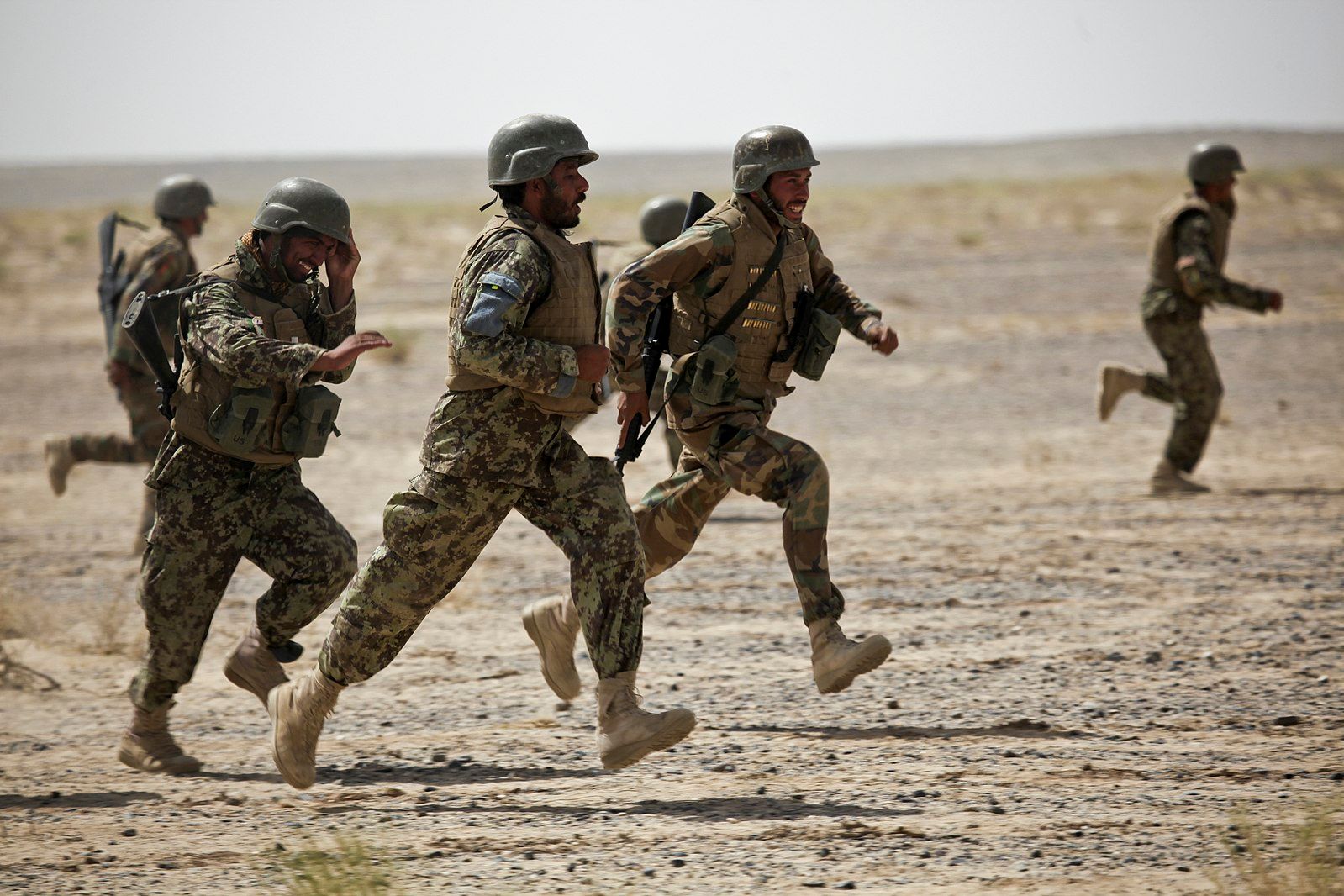All over the country, from newspaper headlines to talk show topics, “Afghanistan” is on everyone’s minds. CNN has been running multiple articles, TV spots, and interviews every single day for the past week with headlines like, “Kabul's airport is the epicenter of a desperate and deadly scramble” and other references to “Afghanistan chaos.” That chaotic and “deadly scramble” has claimed perhaps around 20 lives.
As tragic as this is, it’s difficult not to point out that just last week in Haiti, a major earthquake claimed more than 2,200 lives. CNN’s and other networks’ coverage has hardly been proportional, if they claim to be reporting on Afghanistan because of how dangerous it’s been. What’s happening right now is perfectly symptomatic of exactly what is wrong with our established political media.
So, how did we get here? How did we end up in Afghanistan for 20 years, and how did we end up withdrawing so chaotically? Well, a lot of pundits back in 2001 said we ought to give war a chance. Many of them also said the war would be quick and easy.
In 2001, for example, The New York Times ran two columns from Maureen Dowd and Thomas Friedman, regular contributors both then and today. In both pieces, run five days apart, they wrote, “Give war a chance.” Friedman even went on to say, “This is Afghanistan we're talking about. Check the map. It's far away.”
From 2015 to 2019, or roughly the final quarter of the war, media coverage of Afghanistan was almost nonexistent. ABC, CBS, and NBC combined to cover Afghanistan for less than an hour each year in its nightly newscasts. When the Trump administration negotiated with the Taliban for an American withdrawal, all three major networks combined to provide five minutes of coverage of the event. There was no other coverage of Afghanistan that year.
Today, both Ms. Dowd and Mr. Friedman have once again published pieces in The New York Times on the situation in Afghanistan. Maureen Dowd writes, “It is enraging to watch a parade of dunderheads preen on cable—anchors and generals and chatterers—the same people whose cheerleading ensnared us in 20 years of quicksand in Iraq and Afghanistan,” as if she wasn’t one of them back in 2001. For his part Mr. Friedman provides some fiction written about imaginary conversations with world leaders, like Lyndon Johnson, Xi Jinping, and Mohammed Zahir Shah, about the virtues of withdrawal. Established media voices like these have demonstrated a complete lack of ability to reflect and honestly consider the last 20 years and how we got here, particularly the role they played.
Put simply, today’s reporting on Afghanistan—given the low profile it has long had in the media—is an excellent case study in the biases of the media. Instead of providing anything of real use to viewers and readers, major networks and publications have been hell-bent on covering whatever can generate an appearance of controversy and drama.
It may well be that the Afghanistan withdrawal could have been done more peacefully and with better organization, but nobody has yet made a convincing argument to that end. Instead, that is hardly the important issue at hand. By incessantly covering the withdrawal, the media has failed to help American citizens pierce the veil for a look back at the past two decades.
Due to the media’s coverage of recent events, the more important question has been lost. Instead of asking what we can learn from the past two weeks, we need to be thinking seriously about what we can learn from the past two decades. If you care about the promotion of democracy abroad, it’s a difficult but crucial question to struggle with, and it’s one we hope we might have helped you consider with Friday’s Insight and Reflection. If you care about the health of democracy at home, at least one answer to the question of what’s wrong should be made clear here.




Comments
Join the conversation